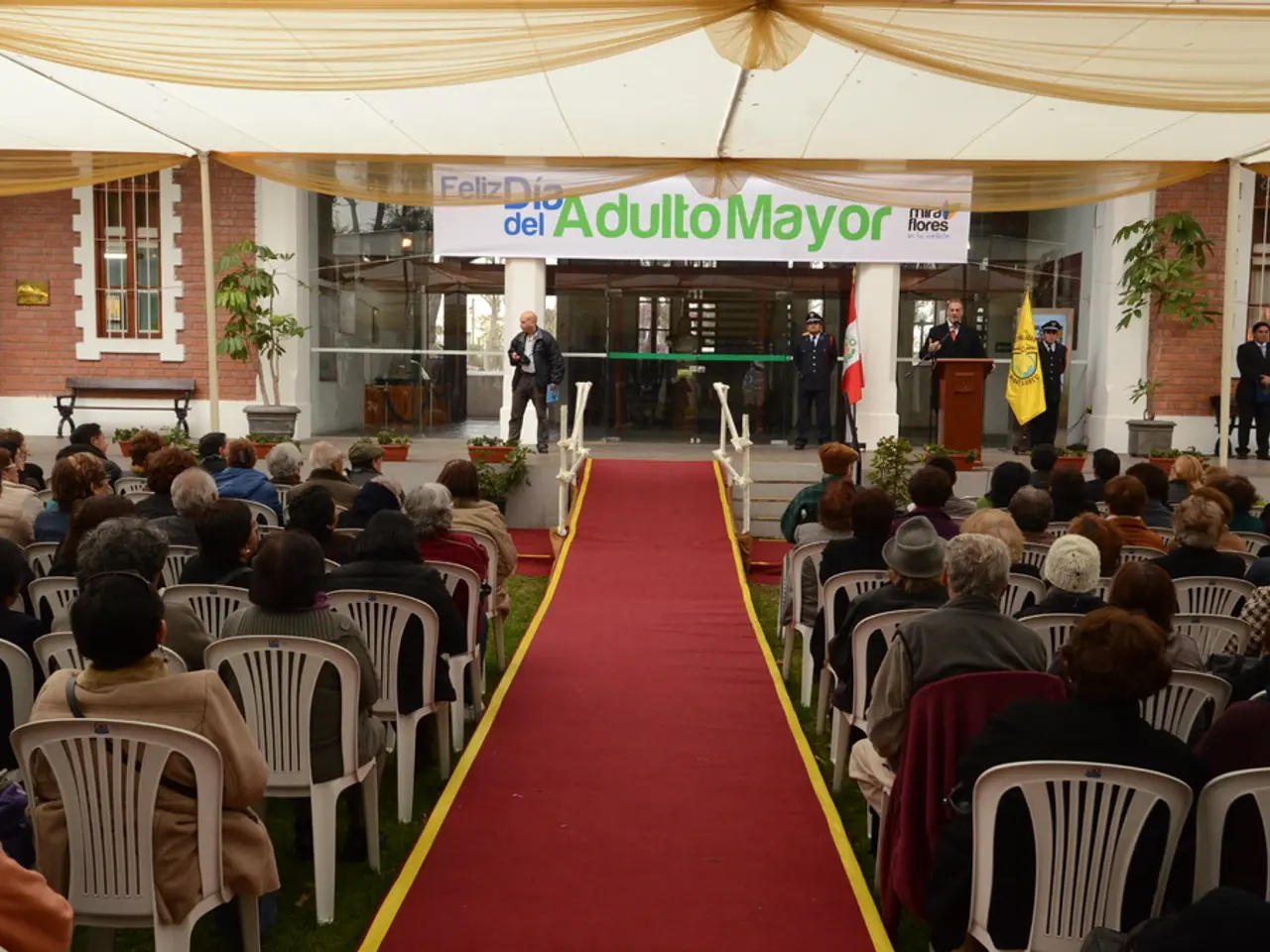Commemoration of the 20-year mark since the July 7, 2005 terror incidents
The Terrorism (Protection of Premises) Act 2025, popularly known as Martyn's Law, received Royal Assent on 3 April 2025, marking a significant milestone in the UK's counter-terrorism strategy. Named in honour of Martyn Hett, a victim of the 2017 Manchester Arena bombing, the law aims to improve public safety by requiring certain venues and events to be better prepared for potential terrorist attacks.
The legislation introduces a tiered approach, with requirements varying based on the venue's capacity. Most schools, regardless of size, fall under the Standard Tier, which focuses on reasonable and practicable procedures such as evacuation, lockdown, and communication plans. Larger venues, with a capacity of 800 or more, face more stringent requirements under the Enhanced Tier. Smaller venues with a capacity under 100 are not legally required to comply, but may still adopt voluntary guidance.
Parties responsible for affected venues have a 24-month implementation period to comply with the new requirements. The law emphasises outcome-focused, site-appropriate planning rather than prescribing specific security measures.
Martyn's Law is expected to strengthen institutionalised preparedness in public spaces, reducing harm and potentially saving lives in the event of a terrorist incident. The focus on training, communication, and emergency procedures is intended to enhance both the speed and effectiveness of responses to incidents.
The passage of Martyn's Law has been met with broad public support, bolstered by advocacy from victims' families. The legislation's focus on preparedness and resilience, rather than exclusionary or surveillance-heavy approaches, aligns with broader societal values of safety and community care.
However, potential challenges to unity could arise if compliance is perceived as overly burdensome by smaller venues or if the law's requirements are unevenly enforced. The current law explicitly avoids imposing heavy costs on smaller establishments, instead encouraging voluntary adoption of best practices, which may help mitigate backlash.
There is no indication from the legislation or commentary that Martyn’s Law is intended to or has the effect of dividing communities by ethnicity, religion, or background. On the contrary, the law is presented as a unifying measure, responding to a common threat and honouring victims from all walks of life. Its non-prescriptive nature allows for cultural and contextual sensitivities to be considered in planning, potentially strengthening community trust in public safety efforts.
As the UK commemorates the 20th anniversary of the 7/7 attacks, the enactment of Martyn's Law reaffirms the nation's commitment to countering terrorism. The 7/7 attacks served as a defining moment that affirmed the UK's resilience and unity in the face of terrorism. The Prevent program and Martyn's Law have been strengthened in the years following 7/7 to prevent further attacks.
However, the threat of terrorism continues, with incidents against Jews doubling and incidents against Muslims increasing by 13%. Terrorism remains indiscriminate, brutal, and does not care who it kills. The ideologies that led to the 7/7 attacks serve as a constant reminder of the dangers of extremism and terrorism.
In a separate incident, extremists targeted asylum seekers in temporary accommodation in Southport, highlighting the persistence of hatred and intolerance. At Glastonbury, rapper Bob Vylan led chants of "death to the IDF", underscoring the need for continued vigilance and unity in the face of extremism.
In conclusion, Martyn's Law is a significant addition to the UK’s counter-terrorism framework, emphasising preparedness and practical planning for public venues. Its full effectiveness will depend on implementation and community engagement over the coming years. As the UK continues to grapple with the threat of terrorism, the enactment of Martyn's Law serves as a testament to the nation's resilience and unity in the face of adversity.
- The General News section might highlight debate on whether Martyn's Law's requirements for smaller venues are burdensome and balanced, considering the risks they face.
- In the Crime and Justice category, ongoing scrutiny may address the rise in terrorism incidents against various communities, underscoring the need for continued attention and legislation to address the root causes of such hate crimes.








